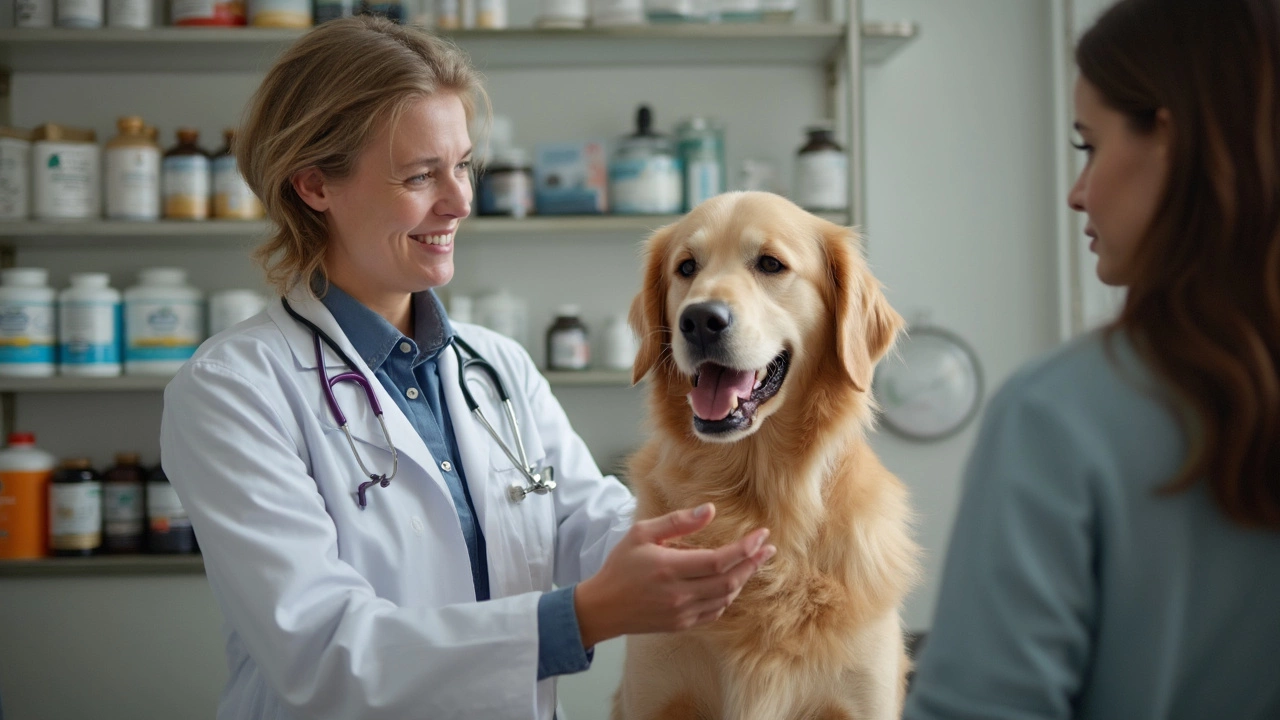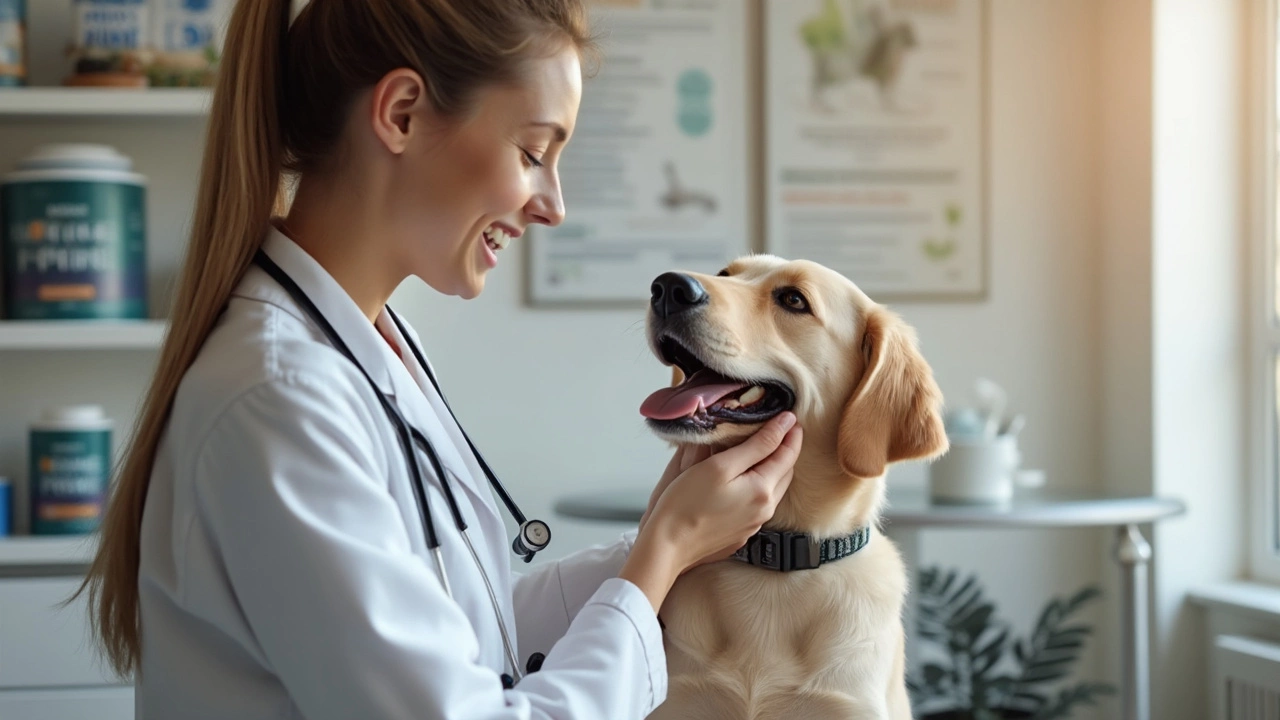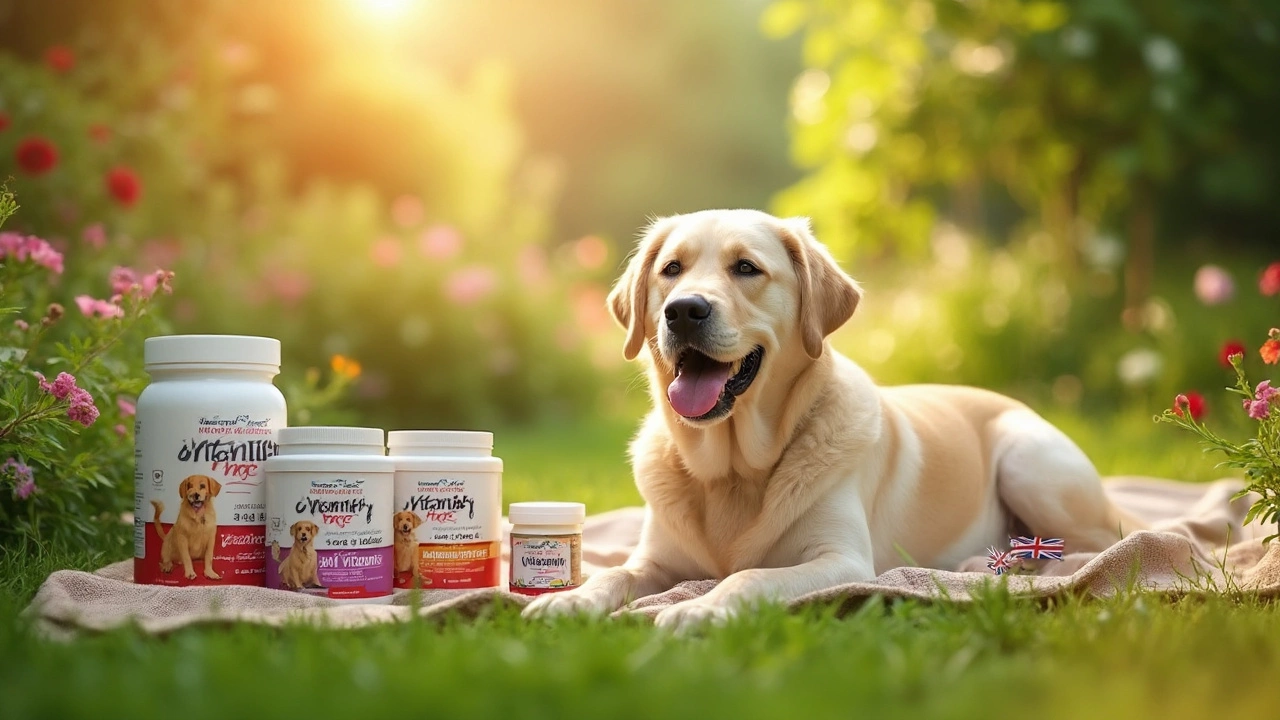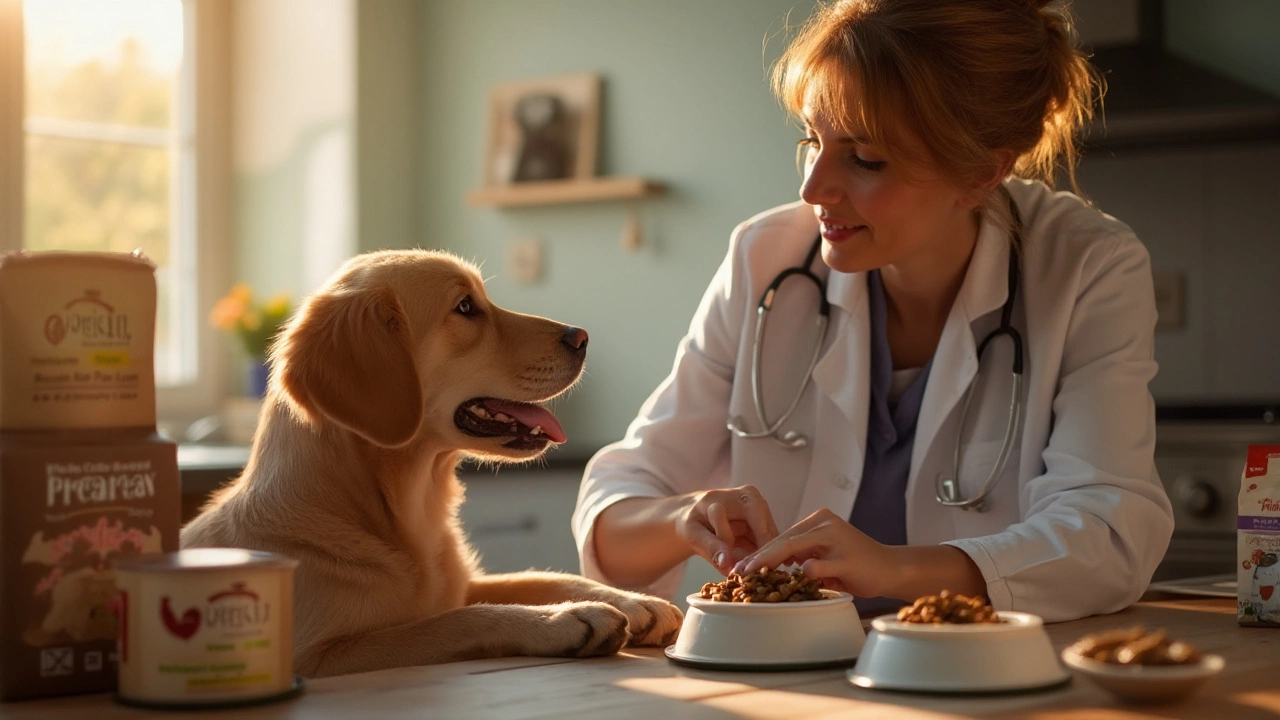Pet Nutrition Made Simple: What Every Dog and Cat Owner Should Know
Feeding your pet isn’t just about filling a bowl. It’s about giving them the right balance of protein, fat, carbs, vitamins and minerals to keep them active, shiny‑coated, and free from health problems. Whether you have a picky pup or a finicky feline, these easy steps will help you choose the best pet food and set a routine that works for both of you.
Pick the Right Food for Your Pet’s Stage and Size
First thing’s first – look at the label. A good dog or cat food will list a high‑quality animal protein source as the first ingredient. For puppies and kittens, you’ll need a formula that’s richer in calories and nutrients because they’re growing fast. Larger breeds often benefit from joint‑support supplements, while small breeds may need kibble that’s easy to chew.
Don’t get fooled by fancy branding. If the ingredients list is full of corn, wheat or unnecessary fillers, the food probably won’t give your pet the nutrients they need. Stick to well‑known brands that have been tested by veterinarians and have clear feeding guidelines.
Set a Consistent Feeding Schedule
Pets thrive on routine. Most adult dogs do well with two meals a day – morning and evening – while cats often prefer several small meals throughout the day. Puppies and kittens usually need three to four feedings. Keep the timing consistent so your pet knows when to expect food; this can reduce anxiety and help with house‑training.
Watch the portion sizes. Overfeeding leads to obesity, which can cause joint pain, diabetes and a shorter lifespan. Use the feeding chart on the bag as a starting point, but adjust based on your pet’s activity level, age and body condition. A quick hand‑check of their ribs (you should feel but not see them) is a good gauge.If you’re switching foods, do it gradually over a week. Mix a small amount of the new food with the old, then increase the new portion each day. This helps avoid digestive upset and lets your pet get used to the new flavor.
Finally, always provide fresh water. Hydration is just as important as nutrition. Some pets love a pet‑friendly water fountain because the moving water encourages them to drink more.
By focusing on high‑quality ingredients, a steady feeding schedule, and proper portion control, you’ll give your dog or cat the fuel they need to stay healthy, playful, and full of life. Happy feeding!
Posted By Bryndle Redding On 17 May 2025 Comments (0)
Do Vets Recommend Supplements? Dog Health Tips You Need to Know
Discover whether veterinarians really recommend supplements for dogs or if it's all hype. This article breaks down what vets look for, common misconceptions, and which supplements are actually worth it. You'll learn how to tell the difference between what your dog really needs and what's just clever marketing. Get practical vet-backed tips on choosing safe supplements. Make informed choices for your dog's health with real-world advice.
READ MOREPosted By Bryndle Redding On 28 Apr 2025 Comments (0)
Do Vets Recommend Canine Prime? Honest Answers for Dog Owners
Ever wondered if vets really trust Canine Prime for boosting your dog's health? This article digs into what vets say, what's actually in the supplement, and whether it's worth your money. We'll also break down real-world results from other dog parents and help you decide if Canine Prime fits your pup's needs. Expect practical advice, clear facts, and tips that make sense for everyday dog owners. No fluff—just real talk about canine health.
READ MOREPosted By Bryndle Redding On 17 Feb 2025 Comments (0)
Most Common Vitamin Deficiency in Dogs: What You Need to Know
Vitamin deficiencies in dogs can cause a variety of health issues, the most common being Vitamin D deficiency. Dogs rely on their diet to get sufficient vitamins, making it crucial to choose the right foods or supplements. A well-balanced dog diet can prevent these deficiencies. This article explains the causes, symptoms, and solutions to the most common vitamin deficiencies in dogs.
READ MOREPosted By Bryndle Redding On 8 Feb 2025 Comments (0)
Do Cats Get Bored of Eating the Same Food Every Day?
Cats may develop boredom with their daily diet if fed the same food every day, which can affect their health and behavior. While some cats are creatures of habit, others enjoy a bit of variety in their meals. Understanding your cat's dietary needs and habits is crucial for maintaining its health. There are ways to keep mealtime interesting without upsetting their sensitive tummies. Explore practical tips to ensure your feline friend's meals are both enjoyable and nutritious.
READ MOREPosted By Bryndle Redding On 24 Dec 2024 Comments (0)
How Often Should You Feed Your Cat: Best Practices and Tips
Deciding the right feeding schedule for a cat is crucial as it influences their health and happiness. This article explores ideal feeding frequencies depending on a cat's age, health, and lifestyle, with insights into portion size and meal timing. Understand the differences between feeding kittens and adult cats, and learn the importance of a balanced diet. Discover practical tips for managing feeding routines for both indoor and outdoor cats.
READ MOREPosted By Bryndle Redding On 16 Dec 2024 Comments (0)
Top Vet-Recommended Dog Food Brands of 2024
Selecting the right dog food is crucial for your pet’s health and well-being. Veterinarians are often asked for their top dog food brand recommendations that align with nutritional benefits and quality ingredients. This article delves into these recommendations, exploring why certain brands stand out. You'll also find useful tips to ensure that your furry friend gets the best diet possible.
READ MOREPosted By Bryndle Redding On 14 Dec 2024 Comments (0)
Is Cheese Safe and Beneficial for Your Dog's Health?
Cheese, a favorite treat for many pet owners, brings up the question of whether it's safe or beneficial for our dogs. Although cheese can be a source of protein and calcium for dogs, it's not always a one-size-fits-all food. Some dogs may enjoy it without issues while others might be lactose intolerant. This article explores the benefits, risks, and tips for incorporating cheese into your dog's diet.
READ MORE





